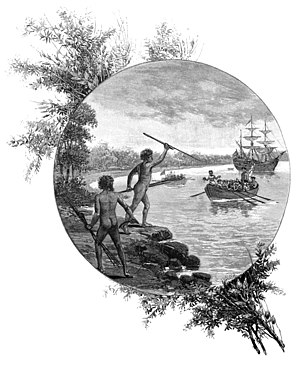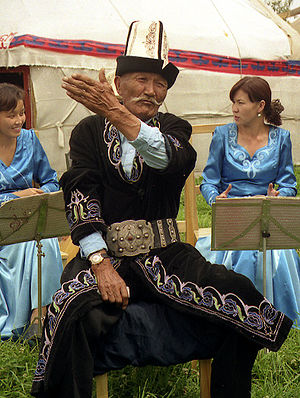
Insults and a failure to comprehend
Awhile back our favorite historicist doctor posted a comment on his own blog:
One can see a similar mythicist combination of insult and failure to comprehend those with whom they disagree at the blog Vridar. Seriously, it is as though I had never written anything about [Jan] Vansina and oral tradition here on this blog, never mind in scholarly publications! (Dr. James F. McGrath, 16 June 2013)
He links his “insult and failure to comprehend” remark to Neil’s post, “Rabbi Jesus and the Phantom Oral Tradition.” Where’s the insult? Probably this:
[I]t quickly became evident that [Dr. McGrath] had not read or understood Vansina’s works, but had himself appeared to quote-mine a single passage, out of context, to lend “support” to a point he was making in one of his articles. My own reading of Vansina and my attempts to point out to the Clarence L. Goodwin Chair what he had failed to notice in Vansina’s work were disdainfully and peremptorily dismissed. The Doctor continues to play the part of the Emperor with no clothes by foolishly and ignorantly asserting that Vansina’s works support the a model of oral transmission that they in fact contradict. (Neil Godfrey, 16 June 2013)
Islands in the stream?
McGrath’s comment from the 16th ends with a reference to his essay in a scholarly work, “Written Islands in the Oral Stream: Gospel and Oral Traditions.” Indeed, we should note that McGrath’s essay is the first piece in the book (see the link McGrath kindly provided).
In the interest of completeness and fair play, here’s exactly what McGrath wrote in a scholarly publication concerning Vansina:
Particularly important in conjunction with this topic is Vansina’s observation that official traditions tend to be preserved much more precisely over longer periods of time with a higher degree of accuracy than stories preserved by private individuals. [Vansina, Oral Traditions, pp. 85-86] On the other hand, official traditions are also far more likely to have been fabricated or at least falsified to reflect an official viewpoint. For this reason, the fact that a tradition can be demonstrated to have been passed on faithfully for several decades does not immediately indicate the historical reliability of the information. Indeed, it may in at least some instances suggest the opposite. (p. 9)
That’s absolutely correct. What we must stress here is that public, official oral tradition reflects the functions for which it is remembered and transmitted. Oral societies will often transmit such traditions faithfully over many years, but the actual story they tell may not be authentic. Where McGrath goes wrong is in the attempted specific application of Vansina’s work to NT studies.
Those studying oral traditions in contemporary oral cultures have likewise found principles well-known in historical criticism of the Bible to be readily applicable to their work. Vansina notes that it is sometimes possible to demonstrate the unlikelihood that a tradition has been falsified, for example ‘where a tradition contains features which are not in accord with the purpose for which it is used.’ [Vansina, p. 83] Vansina then defines a principle that is essentially the same as the criterion of embarrassment used by historians investigating the historical Jesus. The converse principle is also affirmed, namely that ‘facts which do not help to maintain the institution which transmits the tradition are often omitted or falsified.’ [Vansina, p. 84] (p. 8, bold emphasis mine)
Readily applicable?
McGrath has correctly quoted Vansina, but he cannot have fully understood the broad implications of Vansina’s work, or else he would not have used the phrase “readily applicable to their work.” It is not. He also asserts that the criterion of embarrassment in NT studies is “essentially the same” as what Vansina had described. It is not.
[Note: Neil wrote an enlightening piece on this very subject about a year and a half ago. If you haven’t read it (like McGrath), you should: “Oral History does NOT support ‘criterion of embarrassment’“]
First, let’s state the obvious difference between the study of oral tradition and the study of the New Testament. Vansina talked to real people who were transmitting real oral history to him. That is, he met face to face with the people who were still telling stories. McGrath and his fellow scholars are reading written works whose authors may or may not have transcribed from oral sources. Does this matter? Of course it does.
Vansina writes (Oral Tradition: A Study in Historical Methodology) :
Continue reading “Jan Vansina and the Criterion of Embarrassment”



